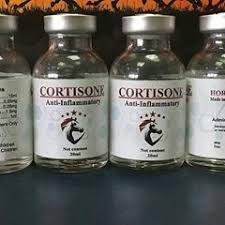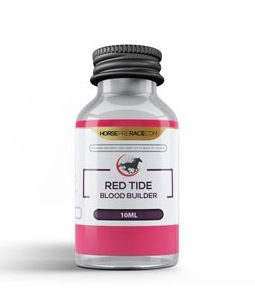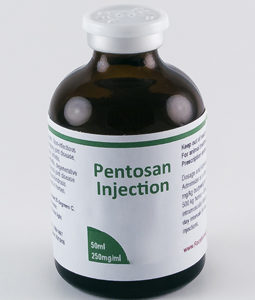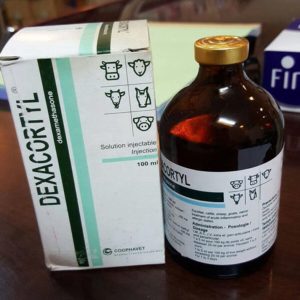Description
What exactly is a CORTISONE ShoAre you having pain and inflammation in a specific area of your body? Such as your ankle, elbow, hip, knee, shoulder, spine, or wrist? Even the small joints in your hands and feet might benefit. Well here is a simple method that may help you with your pain.
A corticosteroid injection which is also known as a cortisone shot. CORTISONE injections help relieve the pain and inflammation in a specific area of your body. The injections usually comprise a corticosteroid medication and a local anesthetic. Often, you can receive a cortisoneinjection shot at your doctor’s office. Because of potential side effects, the number of shots you can receive is limited.
Why is it done?
Cortisone shots may be most effective in treating inflammatory arthritis, such as rheumatoid arthritis. They can also be part of treatment for other conditions, including:
- Bursitis
- Gout
- Plantar fasciitis
- Psoriatic arthritis
- Reactive arthritis
- Rheumatoid arthritis
- Tendinitis
What are some risks?
Complications of cortisone shots can include:
- Joint infection
- Nerve damage
- Thinning of skin and soft tissue around the injection site
- Temporary flare of pain and inflammation in the joint
- Tendon weakening or rupture
- Thinning of nearby bone (osteoporosis)
- Whitening or lightening of the skin around the injection site
- Death of nearby bone (osteonecrosis)
- Temporary increase in blood sugar
What can I expect?
During the cortisone shot:
- Your doctor might ask you to change into a gown. You’ll then be positioned so that your doctor can easily insert the needle.
- The area around the injection site is cleaned. Your doctor might also apply an anesthetic spray to numb the area where the needle will be inserted. In some cases, your doctor might use ultrasound or a type of X-ray called fluoroscopy to watch the needle’s progress inside your body — so as to place it in the right spot.
- You’ll likely feel some pressure when the needle is inserted. Let your doctor know if you have a lot of discomfort.
- The medication is then released into the injection site. Typically, cortisone shots include a corticosteroid medication to relieve pain and inflammation over time and an anesthetic to provide immediate pain relief.
After the cortisoneinjection shot
- Some people have redness and a feeling of warmth of the chest and face after a cortisone shot. If you have diabetes, a cortisone shot might temporarily increase your blood sugar levels.
- Protect the injection area for a day or two. For instance, if you received a cortisone shot in your shoulder, avoid heavy lifting. If you received a cortisone shot in your knee, stay off your feet when you can.
- Apply ice to the injection site as needed to relieve pain. Don’t use heating pads.
- Watch for signs of infection, including increasing pain, redness and swelling that last more than 48 hours.
- Don’t use a bathtub, hot tub or whirlpool for two days. You may shower.
What are the results?
Results of cortisone shots typically depend on the reason for the treatment. Cortisone shots commonly cause a temporary flare in pain and inflammation for up to 48 hours after the injection. After that, your pain and inflammation of the affected joint should decrease and can last up to 3 months.http://taylormadeequines.com/





Reviews
There are no reviews yet.